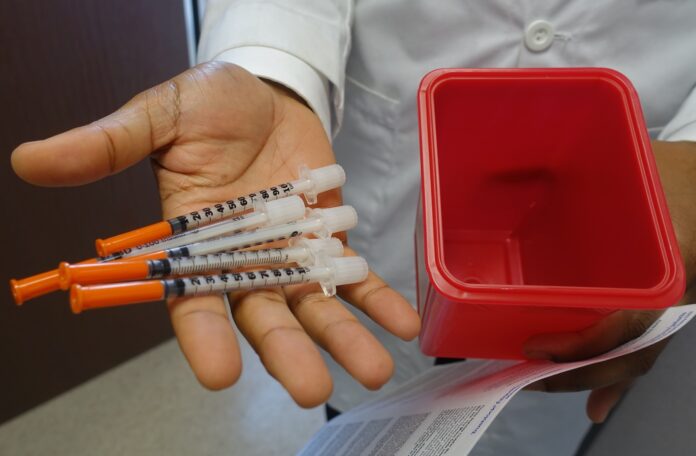Botswana’s long-anticipated introduction of injectable antiretrovirals (ARVs) has been delayed despite approval in 2022, with the Ministry of Health now indicating that the country may not begin using the new treatment until at least the end of 2025. This was revealed by Minister of Health Dr. Stephen Modise in Parliament on Tuesday, in response to a question by Nkange MP Motlhaleemang Moalosi, who sought clarity on the delay, associated costs, and potential benefits of injectable HIV treatment.
Dr. Modise explained that although injectable ARVs received regulatory approval in Botswana in 2022, the product was not readily available on the global market at the time. Much of the supply had been secured by research institutions, leaving very little for national treatment programs like Botswana’s. He added that supply challenges persisted until early 2024 when one of the manufacturers visited Botswana to inform the government that distribution would be withheld due to concerns over one of the injectable formulations. As a result, the national HIV treatment program has not been able to begin rollout.
Despite the setbacks, Dr. Modise said there is renewed hope. A promising new injectable called lenacapavir, along with a revived cabotegravir combination, is being monitored closely, although neither is expected to be introduced in Botswana before the end of 2025.
On the question of opportunity costs, the minister said it was difficult to quantify, since the injectable products have not been available for purchase. He noted that the oral ARV formulations remain the only option currently in use.
Dr. Modise highlighted multiple benefits of injectable ARVs over the conventional daily pills. Chief among these are improved adherence to treatment, enhanced patient privacy, and a reduction in HIV-related stigma. “Not having to take medication daily could come as a huge relief to some,” he said. “Because injectable ARVs must be administered by a doctor or nurse, there is no need to store or carry the medication, significantly reducing the risk of disclosure and stigma.”
He added that injectable treatment is also ideal for patients who frequently travel or struggle with remembering to take daily pills. Monthly or bi-monthly injections could prove easier to manage, thereby improving treatment adherence and viral suppression rates. “With improved adherence, patients are more likely to be virally suppressed, healthier, and economically productive. This also means fewer new infections and, over time, reduced government expenditure on ARVs,” Dr. Modise stated.
Injectable ARVs may also benefit those who experience side effects from oral medication, such as nausea. For such individuals, injections offer a less intrusive and potentially more tolerable method of receiving HIV treatment.



